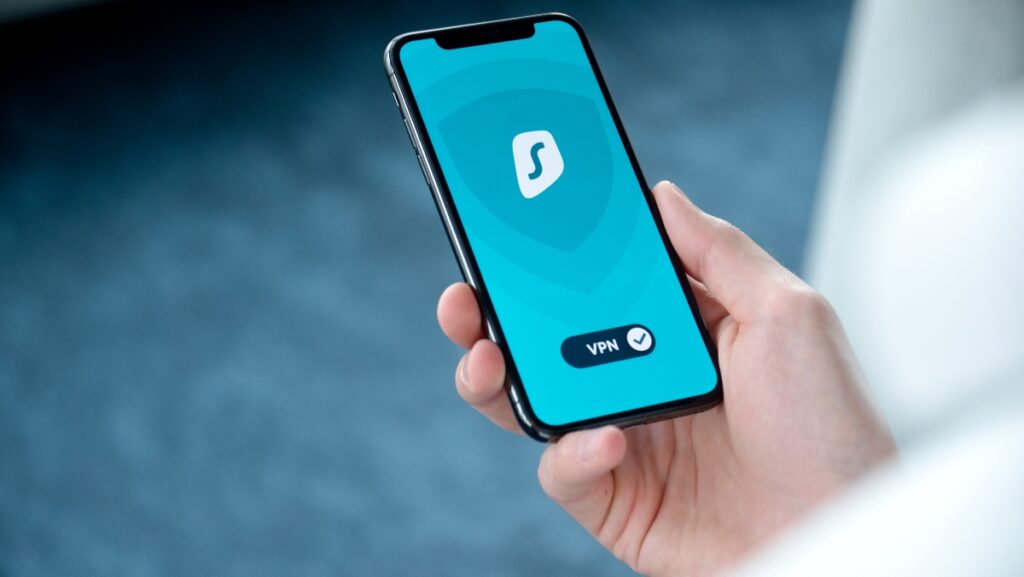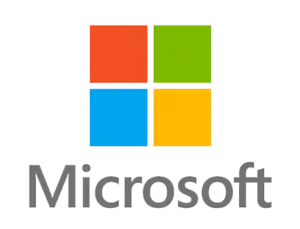Do you often connect to Wi-Fi hotspots in public places? These can include cafes, hotels, libraries or even your train when you commute. We live in a time where internet access is more and more a necessity rather than a commodity.
Public Wi-Fi is expected almost anywhere you go, and for good reason. It is extremely convenient to be able to connect to the internet wherever you are. You can check your email, work on projects remotely or use your favourite entertainment services to pass the time.
Unfortunately, some people might connect to these networks for nefarious purposes. They are also a great opportunity for criminals to spy on your activity.
Public Networks are NOT safe
Public Wi-Fi is not secure. When you use the internet from the privacy of your home or office you have more control over its security. This can include:
- Setting a strong password to prevent unauthorised access.
- Limiting who can access your network.
- Making sure data sent over the network is encrypted.
- Monitor any suspicious activity on the network.
However, when you connect to a public network, you have very little control over how secure it is. So why is this a problem?
When you connect to a public network, your online activity can be tracked. This means any sensitive information you enter while connected can potentially be seen by a third party. All it takes is a criminal to connect to the same network, do a little snooping around and read everything you have sent over the network.
Here are some examples of data they could gain access to:
- Email Logins
- Bank Details
- Personal Files
- Home Address and other identifiable information
So should you stop using the Wi-Fi in your favourite cafe to do your work? Not at all. There is a way you can continue using Public Networks safely.
Protect your data with a VPN

A Virtual Private Network (VPN) masks your online activity and allows you to send data through an encrypted tunnel. It does this by redirecting your internet connection through a private internet server.
How does this help?
By using a VPN while connected to public Wi-Fi your traffic is encrypted. This makes it very hard for hackers to steal your data. If they connect to the network and try to snoop on your web traffic they would first have to break through additional encryption that the VPN server provides.
Conclusion
When you use public wifi to log into personal or work accounts your data could be stolen. It’s also worth mentioning that hackers can set up their own personal wifi hotspots and name them anything. For example they could name it “Starbucks Guest Wi-Fi”, if you unknowingly connect to it, anything you enter will be viewed by the hacker.
Best way to protect yourself without completely giving up on using Public Networks is to use a VPN. VPNs encrypt your data which makes it very difficult for criminals to snoop on your online activity.
Just remember not all VPN apps offer the same quality and protection. Research carefully before you choose one. It is best to avoid free VPNs as they might share some of your data with 3rd parties to make money.
Contact us now using the form below if you would like more advice.






